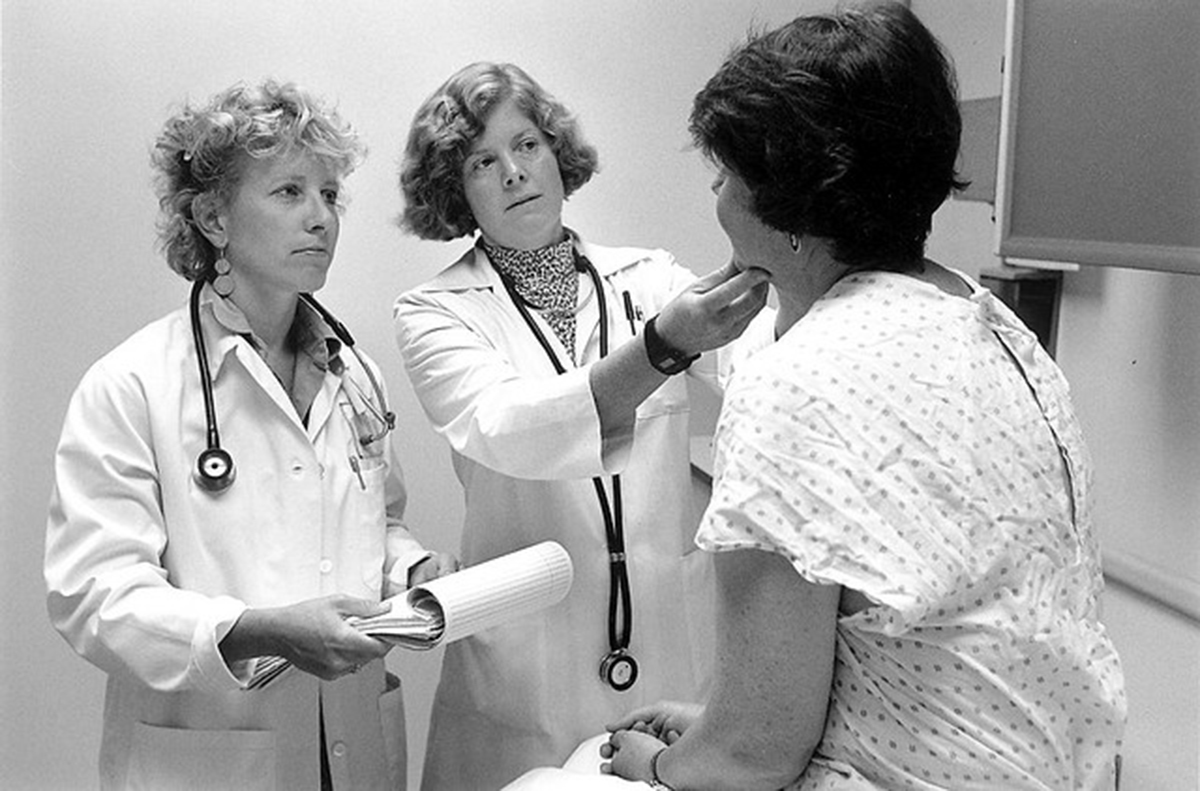Table of Contents
Nowadays procedures ranging from tummy tucks to brain surgery are done on an outpatient basis, as day surgery, with no hospital stay required. However, success of the operation depends on getting prepared the right way at home.
In the United States, 39 percent of all surgeries are done on an outpatient basis. There are over 11,000 day surgery centers. Despite how commonplace day surgery has become, most people don't really know how to prepare for it.
What should you expect before you have outpatient same-day surgery? Nearly everyone who has an outpatient surgical procedure will go through these steps.

- Make sure you choose a surgical center with appropriate surgical accreditation. Most surgical centers perform several thousand surgeries a year. The more surgery surgeons and their teams perform, the fewer mistakes they usually make. In the USA, day surgery clinics should be accredited by the Joint Commission.
- You'll almost always meet your surgeon before your procedure. It's very distressing, of course, to look up from the operating table and see someone else. You have a right to ask why any other doctor would perform the procedure if you have not been previously informed.
- You'll almost always meet your anesthesiologist the day or night before or possibly the day of the procedure. You'll be asked some questions about your experience with pain killing drugs, which medications you take, whether you drink alcohol or use street drugs, and about nutritional supplements. A few herbs and nutritional supplements interact with the medications used for anesthesia. It's best to be up front and honest with the anesthesiologist about all the supplements and herbs you take, even if revealing this information results in postponing your surgery.
- If you have chronic medical problems (diabetes, heart disease, clotting disorders, chronic obstructive pulmonary disease, or history of heart attack or stroke, for example), your surgeon has to be informed well before the day of your surgery. It's best to get a referral from your primary care provider to the surgeon so all issues of concern can be discussed.
- Do not eat or drink before your procedure. If you ate or drank something despite being told by your doctor not to, then it's best to 'fess up. The reason for not eating or drinking before surgery is that food or drink can come up from your stomach into your lungs and cause aspiration pneumonia, a potentially serious or even deadly problem. Even if you are going to be getting a local anesthetic, if the operation goes wrong and you have to put under general anesthetic, then it is very important that you have not had anything to eat.
- If you are told to stop Aspirin or blood thinners before surgery, be sure to follow your doctor's orders. If you took the anticoagulant or Aspirin anyway, let your doctor know. In many kinds of surgery, taking an anticoagulant when you are not supposed to do can cause huge problems.
- Don't wear jewelry to day surgery. It will have to be taken from you, and then there will be the issues of secure storage.
- Don't wear makeup the day of your surgery. It is likely to smear. It can cause tape not to stick.
- Do not use colognes or perfume the day or your surgery. Your brain will associate the experience of surgery with the odor of cologne or perfume you use. If you experience pain from surgery, you will recall pain when you smell the same scent even years later.
- Do not wear contact lenses the day of your surgery. They can get lost, or scratch your eyes.
- It's surprising how often day surgery patients forget about child care or elder care until the last minute. Plan ahead and have a backup plan.
- Don't forget to arrange a ride. If it simply is not possible to find a ride, let the treatment facility know. In many cases they will arrange one for you.
- Hollenbeck BK, Dunn RL, Suskind AM, Zhang Y, Hollingsworth JM, Birkmeyer JD. Ambulatory surgery centers and outpatient procedure use among Medicare beneficiaries.Med Care. 2014 Oct. 52(10):926-31. doi: 10.1097/MLR.0000000000000213.
- Hollenbeck BK, Dunn RL, Suskind AM, Strope SA, Zhang Y, Hollingsworth JM. Ambulatory Surgery Centers and Their Intended Effects on Outpatient Surgery. Health Serv Res. 2015 Jan 22. doi: 10.1111/1475-6773.12278. [Epub ahead of print].
- Photo courtesy of winnes2: https://www.flickr.com/photos/winnes2/6909979264/
- Photo courtesy of seattlemunicipalarchives: www.flickr.com/photos/seattlemunicipalarchives/4058808950/
- boards.medscape.com/forums?14@@.2a7ca678!comment=1
- (Registration may be required, but article is free.) http://www.emedicinehealth.com/outpatient_surgery/page2_em.htm
- (Registration may be required, but article is free.)


Your thoughts on this